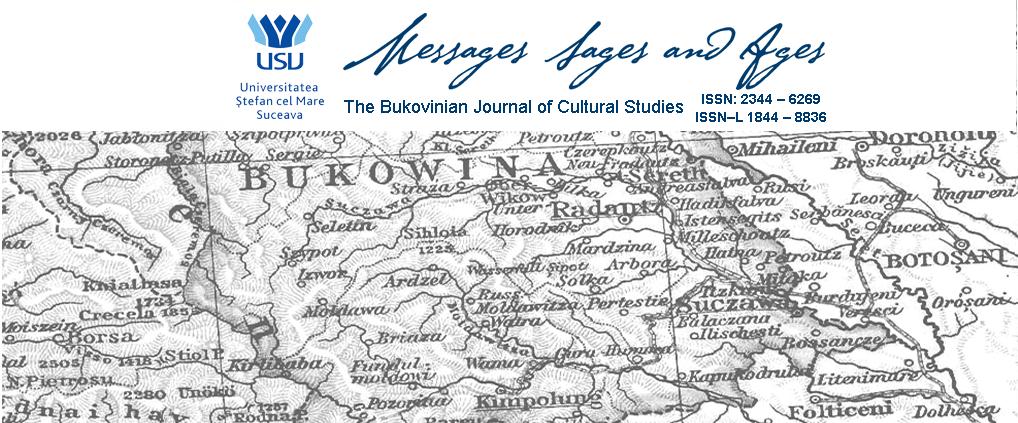An atmosphere of uneasy reservation still pervades debates concerning sexualities and gender identities that do not fall in line with social norms and codes of propriety. Imagining a subject outside the discourse of heterosexuality remains an act fraught with incertitude, suspicion, and even fear: how does one write a narrative that runs counter to the self-preservation of society? How does one describe performativities and ways of being apparently inimical to the propagation of life itself? Long regarded through the lens of obscenity and vice, queerness is still not freed from the shackles of its uncertain past. There are few solid concepts to ground enquiries into the matter, and modern notions can scarcely articulate queer bodies extemporaneously, without investigating the convolutions of each moment in time. Peter Ackroyd adds another dimension to his research: that of geography, the space of London, the city wherein paradox is met with paradox, harbouring its own visions of oddness, eccentricity and deviant desire. This paper strives to analyse the Ackroydian framing of gay London, its history and its language, aiming to show how his perceptions contribute to the discussion surrounding this increasingly relevant topic. I bring up the framing of a dual London, a city of ribaldry and obscenity, through various interpretive frames, from queer theory, philosophy and sociology, to the history of pornography, in order to support my claim that Ackroyd’s work recasts London as more than the capital of Empire: a space where the obscene is granted its own ontology. Relying on literature, language and various cultural institutions, this essay delves into the porous, interdisciplinary nature of queerness as envisioned by the British author.
Fabian Ivanovici
Author
Fabian Ivanovici is a PhD student in English Literature at the University of Bucharest, where he teaches Victorian literature seminars and practical English courses. His research interests include critical theory, postmodern British fiction, Victorian poetry, science fiction and fantasy novels, as well as historical linguistics. He is writing his PhD on Peter Ackroyd’s literary contributions; his thesis is entitled “Unstable Signs and Liminal Spaces in the Works of Peter Ackroyd” and it provides an analysis of the novelist’s works through the lens of liminality theory, urban studies, hermeneutics, narratology and semiotics.
